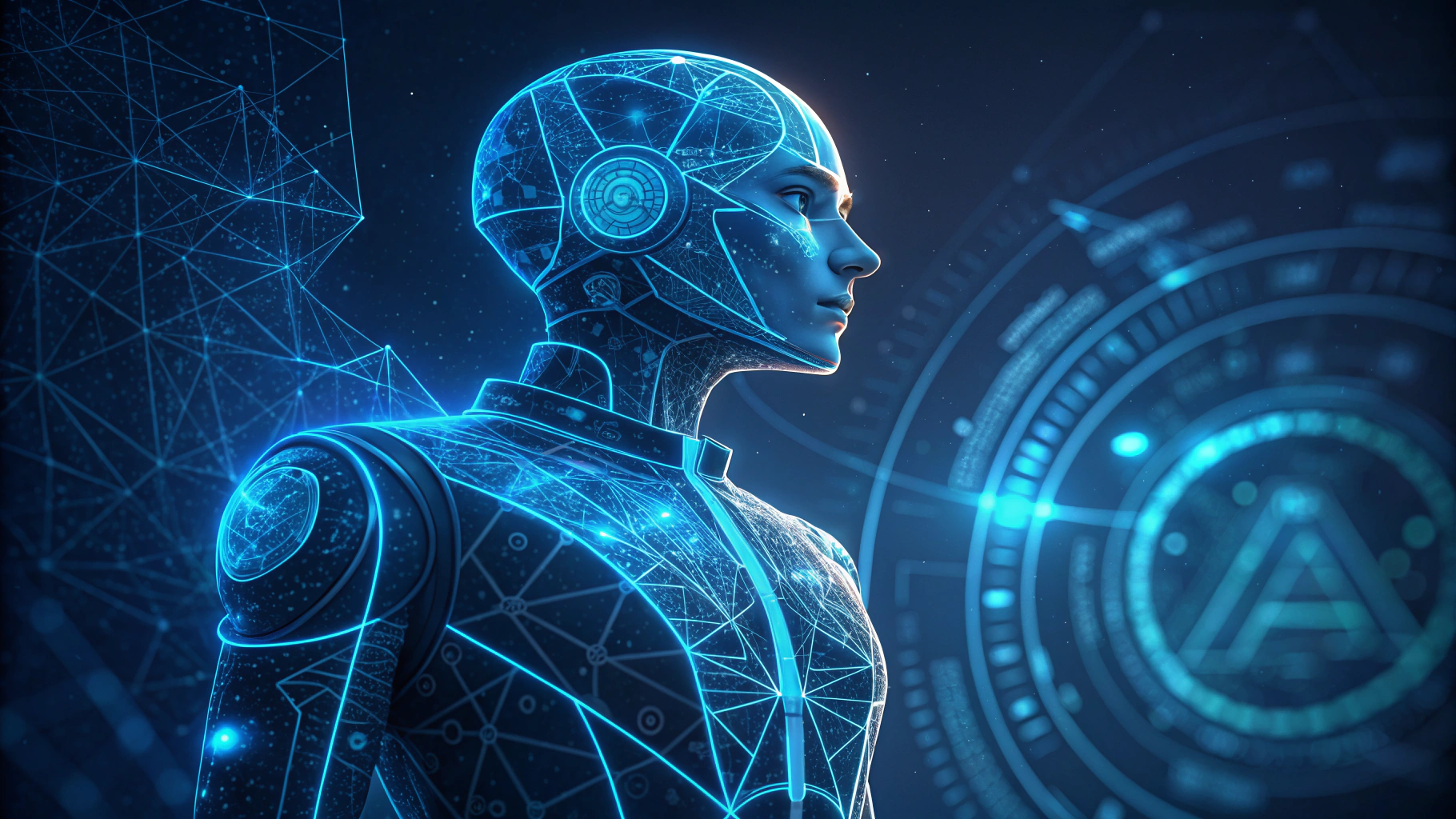Exploring the Future of Automation: The Role of AI Agents

Exploring the Future of Automation: The Role of AI Agents
Introduction
In today's fast-paced digital world, the demand for seamless and efficient operations is driving the evolution of automation technologies. Among these, AI agents are emerging as pivotal tools, transforming industries and redefining the way businesses operate. This article delves into the world of AI agents in automation, exploring their capabilities, benefits, and impact on various sectors.
Understanding AI Agents
AI agents are computer programs designed to perform tasks autonomously. These intelligent systems use artificial intelligence to perceive their environment, make decisions, and execute actions without human intervention. By leveraging machine learning algorithms, natural language processing, and data analytics, AI agents can perform complex tasks with remarkable precision and speed.
The Rise of Automation
Automation has become a cornerstone of modern industry. From manufacturing to healthcare, businesses are adopting automated systems to enhance productivity and reduce operational costs. The integration of AI agents into these systems is revolutionizing automation, enabling more sophisticated and adaptable solutions.
Benefits of AI Agents in Automation
- Efficiency and Accuracy:AI agents can process vast amounts of data quickly and accurately, minimizing errors and streamlining operations. In industries like finance, AI agents are used for data analysis, fraud detection, and risk management, ensuring precision and reliability.
- Cost Reduction:By automating routine tasks, businesses can significantly reduce labor costs. AI agents can handle repetitive jobs, allowing human resources to focus on more strategic activities. This not only saves money but also enhances employee satisfaction by eliminating mundane tasks.
- Scalability:AI agents offer unparalleled scalability. As businesses grow, AI agents can be scaled to handle increased workloads without compromising performance. This flexibility is particularly advantageous for e-commerce platforms during peak shopping seasons.
- 24/7 Availability:Unlike human workers, AI agents can operate around the clock. This ensures continuous service delivery, improving customer satisfaction and enhancing the overall user experience. In customer support, AI chatbots provide instant responses, resolving queries promptly.
- Data-Driven Insights:AI agents excel at analyzing data to generate actionable insights. By identifying patterns and trends, they help businesses make informed decisions. In marketing, AI agents analyze consumer behavior to optimize campaigns and enhance targeting strategies.
Applications Across Industries
- Manufacturing:In manufacturing, AI agents optimize production lines, predict equipment failures, and manage supply chains. Predictive maintenance powered by AI agents reduces downtime and extends the lifespan of machinery, ensuring smooth operations.
- Healthcare:AI agents play a crucial role in healthcare, assisting with patient diagnosis, drug discovery, and personalized treatment plans. They analyze medical records and research data to provide accurate recommendations, enhancing patient care and outcomes.
- Finance:The financial sector benefits from AI agents through automated trading, risk assessment, and fraud prevention. AI agents analyze market trends and execute trades at optimal times, maximizing profits and minimizing risks.
- Retail:In retail, AI agents enhance customer experiences through personalized recommendations and inventory management. They analyze purchasing patterns to optimize stock levels and improve supply chain efficiency, reducing costs and increasing sales.
- Transportation:AI agents are transforming transportation through autonomous vehicles and traffic management systems. They optimize routes, reduce congestion, and improve safety, paving the way for smarter and more efficient transportation networks.
Challenges and Ethical Considerations
While AI agents offer numerous benefits, their deployment raises ethical concerns. Issues such as data privacy, security, and accountability need careful consideration. Ensuring transparency in decision-making processes and addressing biases in AI algorithms are critical for responsible AI adoption.
Additionally, the impact of AI agents on the workforce cannot be ignored. As automation replaces certain jobs, there is a need for reskilling and upskilling programs to prepare employees for new roles in the AI-driven economy.
The Future of AI Agents in Automation
The future of AI agents in automation is promising. As technology advances, AI agents will become more sophisticated, capable of handling increasingly complex tasks. The integration of AI with other emerging technologies, such as the Internet of Things (IoT) and blockchain, will further enhance automation capabilities.
In the coming years, AI agents will play a central role in driving innovation and growth across industries. Businesses that embrace AI-driven automation will gain a competitive edge, delivering superior products and services to their customers.
Conclusion
AI agents are revolutionizing automation, offering unprecedented efficiency, accuracy, and scalability. By integrating these intelligent systems into their operations, businesses can unlock new opportunities and drive sustainable growth. As we continue to explore the potential of AI agents, it is crucial to address ethical considerations and ensure responsible deployment. Embracing AI-driven automation will undoubtedly shape the future of industries, paving the way for a smarter and more connected world.



